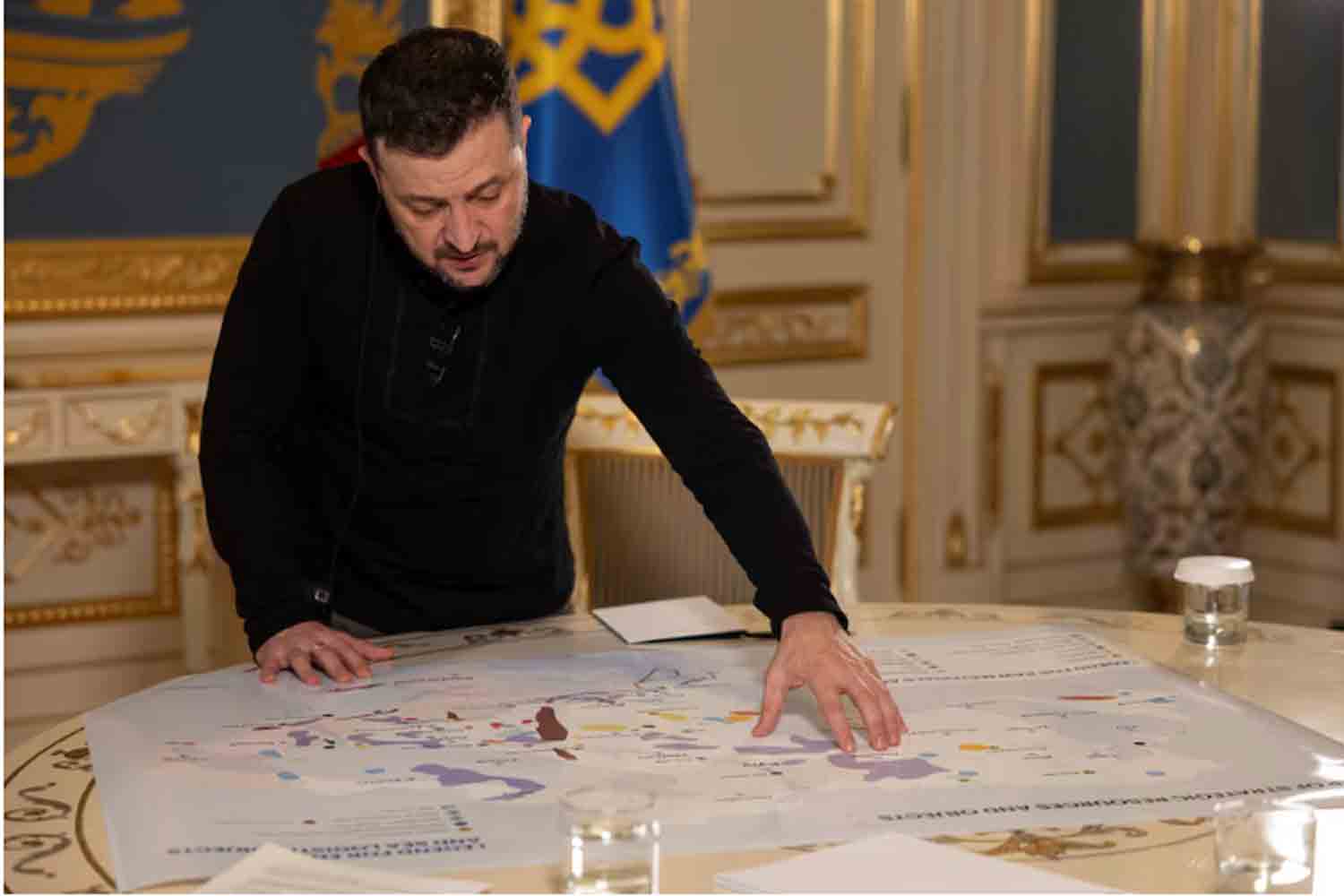With his campaign commitments to swiftly establish peace in Gaza and Ukraine unmet, U.S. President Donald Trump is now addressing another significant challenge that may prove equally difficult: restraining Iran‘s advancing nuclear program.
His administration is set to engage in a second round of discussions with Iran on Saturday in Rome, a development that many considered unlikely after years of animosity stemming from Trump’s first term, during which he abandoned the 2015 nuclear agreement and initiated a “maximum pressure” strategy involving severe sanctions.
While optimism for progress exists following a recent meeting in Oman that both parties characterized as constructive, negotiators are tempering expectations for a rapid resolution to the long-standing conflict. According to a source familiar with a White House meeting on Tuesday, discussions regarding the components of a potential nuclear framework are still in their infancy among Trump’s advisors. There is a possibility that the two sides could agree on an interim arrangement before finalizing a more comprehensive deal, as indicated by two sources acquainted with the administration’s perspective.
Compounding the regional tensions linked to these diplomatic efforts are Trump’s ongoing threats to target Iran’s nuclear facilities if an agreement is not reached.
This situation raises concerns that Trump, who vowed in his inaugural address on January 20 to be a “peacemaker,” might lead the U.S. into another conflict in the Middle East. On Thursday, Trump stated that he was not eager to take military action against Iran, emphasizing that negotiations remain his preferred approach. “If there’s a second option, I think it would be very bad for Iran,” he remarked during a meeting with Italian Prime Minister Giorgia Meloni. “I believe Iran is interested in dialogue. I hope they are. It would be very beneficial for them if they engage.”
Steve Witkoff, a real estate investor and friend of Trump, is leading the U.S. negotiating team despite lacking prior diplomatic experience. Analysts have referred to him as the administration’s “envoy for everything.” His responsibilities include negotiating a deal with Iran and working towards resolving the ongoing conflicts in Gaza and Ukraine.
Opposing him will be Iran’s foreign minister, Abbas Araqchi, a skilled negotiator who some Western diplomats fear may exploit Witkoff’s inexperience. Jonathan Panikoff, a former deputy U.S. national intelligence officer for the Middle East, remarked that managing the complexities of Gaza, Ukraine, and Iran would be a significant challenge for anyone. He emphasized that the intricacies involved with Iran, including technical details, historical context, regional geopolitics, and broader complexities, make Witkoff’s task particularly daunting. Panikoff is currently affiliated with the Atlantic Council in Washington.
Witkoff does possess a unique advantage in negotiations: his direct communication line to Trump, which could convey to the Iranians that they are receiving insights from someone the president trusts. However, it remains uncertain whether this will aid the administration in achieving a deal.
UNCERTAINTY
Recent statements from Witkoff have added to the ambiguity surrounding Trump’s strategy with Iran. Prior to last Saturday’s discussions, he indicated to the Wall Street Journal that the critical issue would be the “weaponization” of Iran’s nuclear program, suggesting a shift away from Trump’s insistence on complete dismantlement. Later, during an appearance on Fox News, he mentioned that Iran might be permitted to enrich uranium at low levels under strict verification. However, he appeared to reverse this position on Tuesday, stating on X that Iran must “eliminate” its enrichment program.
In a statement on Wednesday, Araqchi emphasized that “the principle of enrichment is non-negotiable.” The stringent sanctions imposed on Iran seem to have compelled the OPEC member to engage in negotiations.
However, Tehran, which has consistently refuted Western and Israeli claims regarding its pursuit of nuclear weapons, is approaching the discussions with caution, harboring skepticism towards Trump and questioning the potential for a successful agreement.
Following Trump’s withdrawal from the international nuclear deal during his first term, Iran has significantly exceeded the uranium enrichment limits established in the 2015 agreement, producing uranium with a high level of fissile purity, nearing that required for nuclear warheads.
MIXED DIPLOMATIC RECORD
Trump’s unexpected announcement on April 7 regarding the revival of talks with Iran highlighted Witkoff’s pivotal role in the administration’s foreign policy. So far, Witkoff’s track record has been inconsistent.
He has not achieved a resolution between Russia and Ukraine, which have been in conflict since Moscow’s invasion in 2022. Just before Trump assumed office, he played a key role in brokering a long-awaited ceasefire in Gaza between Israel and Hamas militants, a deal that has since deteriorated.
The possibility of U.S. or Israeli military action continues to create tension in the Middle East. Israel, having significantly diminished Iran’s regional power since the Hamas attack on October 7, 2023, has made it clear that it is prepared to target Iran’s nuclear facilities to counter what it perceives as an existential threat.
Surprised by Trump’s choice to engage in negotiations with Iran, Israeli Prime Minister Benjamin Netanyahu has called for a denuclearization agreement similar to the one Libya entered into in 2003, a proposal that Tehran is deemed unlikely to accept.
Gulf nations, wary of the potential for another conflict in the Middle East, are hopeful that the talks will progress but express concerns about being excluded from the discussions, according to sources in the region.
Some experts argue that, despite significant challenges, a bilateral agreement between the U.S. and Iran may be more feasible for Trump than achieving lasting peace in the ongoing conflicts in Gaza and Ukraine.
“As a participant in a nuclear agreement, the U.S. can exert a degree of influence,” stated Laura Blumenfeld, a Middle East analyst at the Johns Hopkins School for Advanced International Studies in Washington. “Both parties are willing and eager to alleviate nuclear tensions.”
Discover more from Defence Talks | Defense News Hub, Military Updates, Security Insights
Subscribe to get the latest posts sent to your email.





